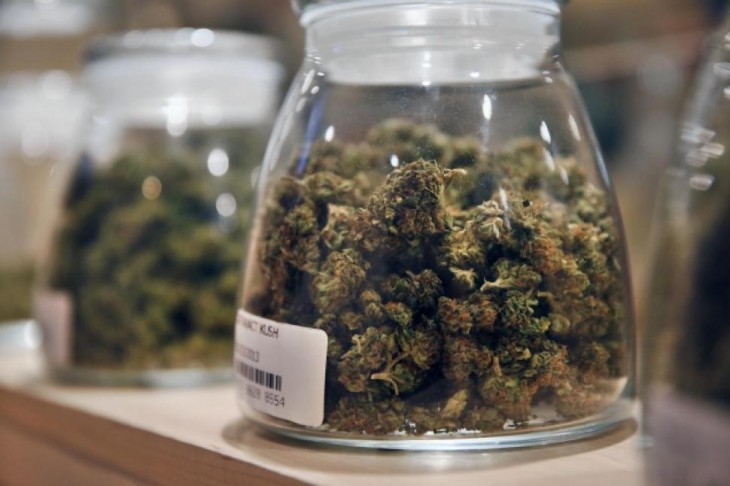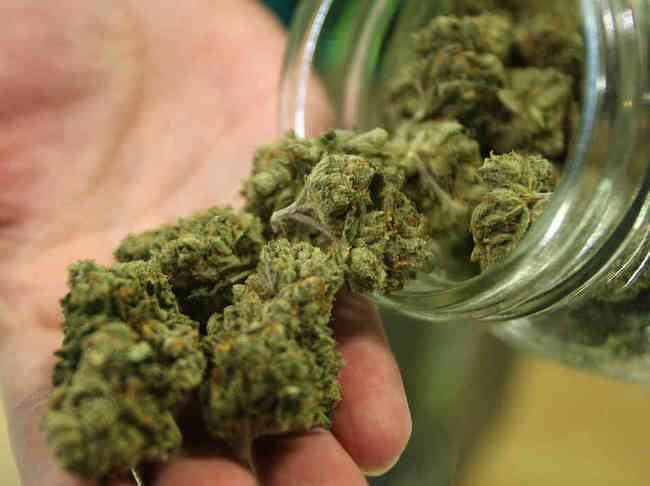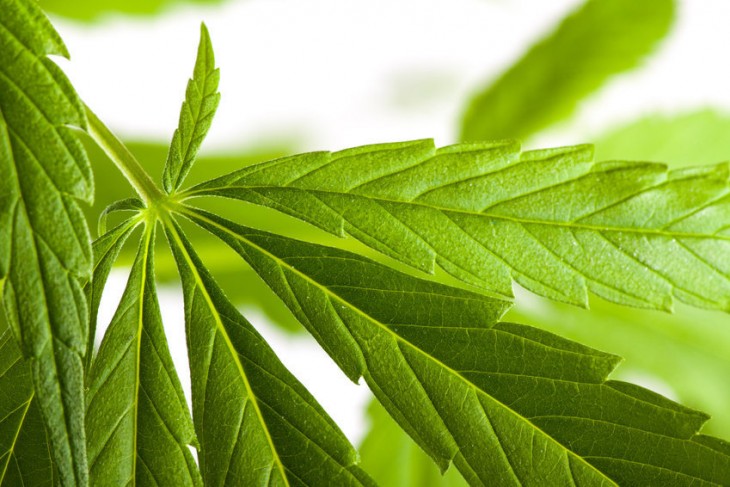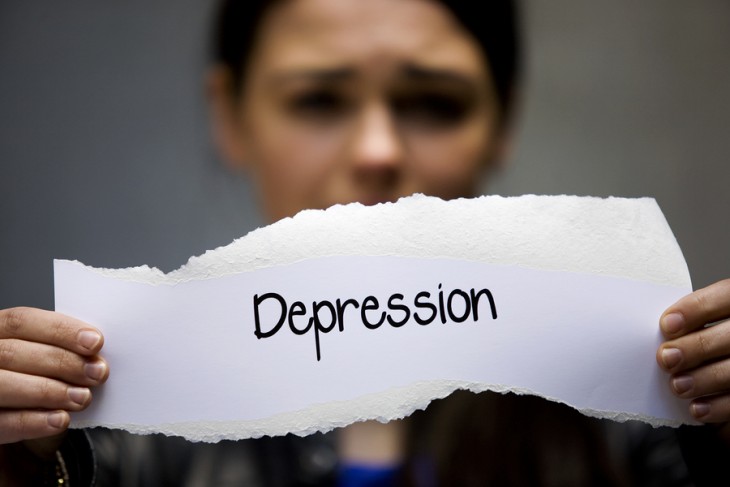Marijuana And Depression? Two Separate Issues
One of the claims you often hear when you find yourself in a room full of anti-cannabis bigots is “cannabis causes depression.” According to the most part of the conservative politicians, and many other ignorant citizens of this world, if you smoke a joint you will certainly lose your mind: pot and depression are part of the same equation. The question, of course, is: are they really? Is this part of the usual anti-cannabis propaganda? Should we be worried about it?
I am not talking about smoking too much, because “too much” of anything is never good—just think about the bad consequences of eating too much sugar, too much salt… or even the bad consequences of breathing too much air and drinking too much water. What I am asking is: does cannabis automatically translate into a journey towards clinical depression?
The answer is “No”
On one hand, you can look into a 2013 study conducted by D. Mark Anderson, PhD, Daniel I. Rees, PhD, and Joseph J. Sabia, PhD, from San Diego State University and the University of Colorado Denver, titled Medical Marijuana Laws and Suicides by Gender and Age. According to this research, “Suicides among men aged 20 through 39 years fell after medical marijuana legalization compared with those in states that did not legalize. The negative relationship between legalization and suicides among young men is consistent with the hypothesis that marijuana can be used to cope with stressful life events.”
On the other, you can also check out a longitudinal data recently published in the Journal of Affective Disorder. “Our results show no significant association between cannabis use and the incidence of major depression. Conversely, MDD (major depressive disorder) was found to be associated with increased incidence of cannabis use. Regarding BPD (bipolar disorder), though crude associations were found between cannabis use and consequent mania/hypomania as well as baseline BPD and consequent initiation of cannabis use, in both cases these associations were not maintained in adjusted models of analysis,” said the investigators. In other words, the results “do not support a longitudinal association between cannabis use and increased incidence of MDD; rather, they indicate an inverse relationship between the two, which may be attributed to self-medication factors.”
It seems fair to claim that depression is connected to something deeper than cannabis use: if you get depressed after you smoke pot, probably you had a problem before you began to smoke pot. If you are healthy and happy, there is no reason why you shouldn’t go online (on a website like http://greenhouseseeds.nl/) and buy good quality seeds to grow and enjoy your own weed.









